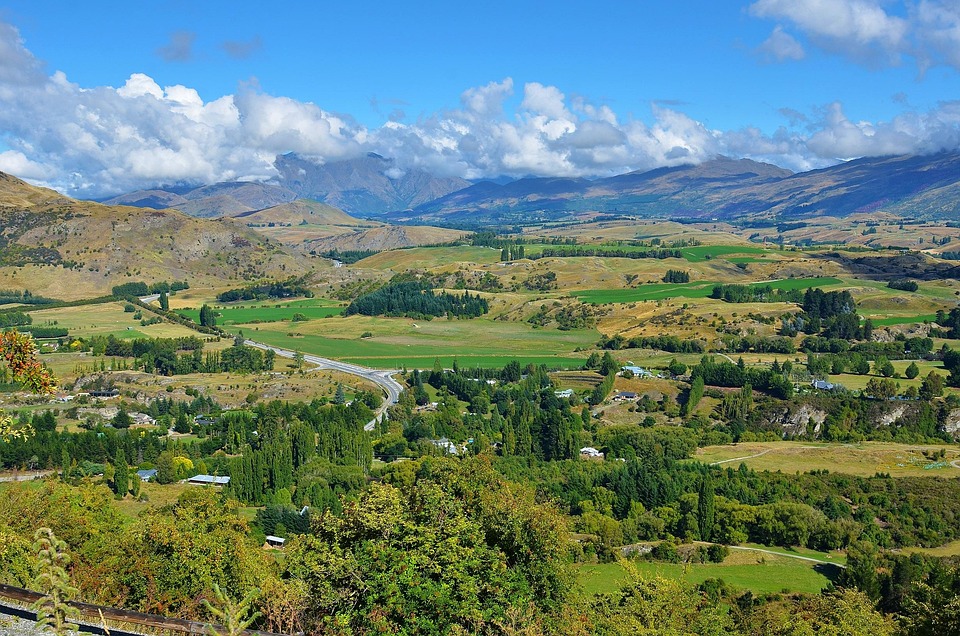Throughout the region, Nations are faced with challenges related to food In particular due to geographic distance, the lack of available local resources and exposure to climate change.
“The Caribbean are particularly vulnerable to the natural risks and disturbances of the supply chain, which can result in an increase in food prices”, ” saidBrian Bogart. chief Wfp for the region.
“It is deeply concerned that many people find it difficult to afford the food they need,” he said.
Deposit of the supply chain
The rise in food prices is a major concern for the region, food inflation constantly exceeding overall inflation rates, local production efforts called into question by increasing operational costs.
In 2025, 30% of the Caribbean said they had eaten less than usual, a trend notably triggered by the increase in food costs and the global geopolitical factors.
As the region is significantly based on imported agricultural inputs, “the strengthening and diversification of supply chains and commercial roads in the region are essential,” said Bogart.
He added that in a region particularly affected by climatic disasters, “these efforts will help make food more accessible and affordable while supporting faster recovery in times of crisis. »»
A girl moves a container full of water on a site for people displaced in Dolow, Somalia. (deposit)
The United Nations Migration Agency highlights the deepening of the climate crisis and movements in Somalia
Climatic shocks and mass trips caused by conflicts have uprooted some 3.6 million people in Somalia, according to the International Organization for Migration (Iom).
Almost half of the population was affected by the climate crisis, added the United Nations Agency.
Deputy Director General of OIM UGOCHI Daniels concluded A four -day visit to Somalia this week when she expressed her solidarity for communities which continue to endure incessant droughts, floods and conflicts.
Daniels also noted that communities find solutions to resist the worst impact of the climate crisis, but they need international support from the Green Climate Fund urgently.
The IOM is active through Somalia in travel sites and in rural and other fragile areas. His work includes promoting land restoration and “environmental peacebuilding”, which aims to reduce tensions on shared resources.
Another IOM initiative encourages Somalians to invest in their own development by providing additional funding.
Last year, the communities contributed more than half a million dollars to projects such as solar energy, access to drinking water and small-scale agriculture-investments all equaled more than $ 2 million in IOM.
World Breastfeeding Week: Investing in health systems and policies for the benefit of moms and babies
This Friday (August 1) marks the start of the World Breastfeeding Week and this year’s theme calls for investing in health systems as well as policies, laws and programs that prioritize women, babies and breastfeeding.
The World Health Organization (WHO)) said Investing in the support of breastfeeding is one of the most powerful tools that political decision-makers must improve public health, strengthen savings and guarantee the well-being of future generations.
The United Nations agency explained that breastfeeding protects children’s health and improves survival, especially during the first months of life. For infants, breast milk is more than food: it also offers protection against many common diseases such as diarrhea, pneumonia and infections.
Mothers also benefit from breastfeeding reduces the risk of postpartum hemorrhage, as well as breast and ovary cancers, heart disease and type 2 diabetes.
Who urges governments to allocate dedicated funding for breastfeeding, including the return of new mothers, as well as maternity protection as a leave paid after childbirth.
Originally published at Almouwatin.com








